38 How To Test Turbidity
Turbidimeters | Hach USA - Overview | Hach Hach's newest instruments provide accurate, reliable results that gives you the confidence you expect from your turbidity measurements. Hach has introduced a breakthrough lab turbidity meter TU52 for drinking water and other clean water applications, and TL23 for high turbidity range applications. Find out more in the video below. Turbidity, Total Suspended Solids & Water Clarity ... The turbidity of water is based on the amount of light scattered by particles in the water column 2. The more particles that are present, the more light that will be scattered. As such, turbidity and total suspended solids are related. However, turbidity is not a direct measurement of the total suspended materials in water.
The Complete Guide to Measuring Turbidity in Water The best way to measure turbidity in a wide variety of samples is with a nephelometer, also known as a turbidity meter. Turbidity meters utilize a light and photo detector to measure light scatter, and read out in units of turbidity, such as nephelometric turbidity units (NTU) or formazin turbidity units (FTU). How Do We Reduce Turbidity?

How to test turbidity
How to test for Turbidity - YouTube is the opacity or muddiness caused by particles of extraneous matter, not clear or transparent. ... PDF Why Test Your Well Water for Turbidity? What is turbidity? A turbidity test will measure the decrease in the passage of light through a water sample based on the amount of floating particles in the water. What can cause turbid water? A leaky or malfunctioning septic or sewer system Soil erosion Algae or weeds Causes of Turbidity in Water & How to Reduce It - AOS Jun 05, 2018 · Turbidity is often used to test water quality heuristically. Greater turbidity typically implies lower quality. What Causes Turbidity? There are several sources of turbidity in water. The causes of turbidity in water may include erosion, runoff or debris, wastewater that is composed of residual particles or the decay of plant and animal material.
How to test turbidity. Lucas Test - Introduction, Steps, Result, Explanation and ... Result of the Lucas Test if Sample contains 3° alcohol . If the sample contains tertiary alcohol, then the test will instantly give a turbid or cloudy solution as a result at room temperature. General reaction can be represented as follows:-Sample containing tertiary alcohol + Lucas Reagent Instantly→ Turbidity in the solution Measuring Turbidity of Water to Determine Water Quality ... When it comes to liquids, turbidity is an important term. Because it plays an important role in liquid dynamics and is also used to measure water quality.So in this tutorial, let's discuss what is turbidity, how to measure the turbidity of a liquid using Arduino.If you want to take this project further, you can also consider interfacing a pH meter with Arduino and also read the pH value of ... How can I measure Turbidity? - The Laboratory People The simplest and lowest cost way to measure the turbidity of a sample is a turbidity tube. This is a tube with a black cross at the bottom and the user simply keeps pouring water into the tube until they can no longer make out the black cross at which point you can read off the scale on the outside of the tube in NTU. McFarland standards - Wikipedia Mixing the two compounds forms a barium sulfate precipitate, which causes turbidity in the solution. A 0.5 McFarland standard is prepared by mixing 0.05 mL of 1.175% barium chloride dihydrate (BaCl 2 •2H 2 O), with 9.95 mL of 1% sulfuric acid (H 2 SO 4).
Turbidity - Wikipedia Turbidity is the cloudiness or haziness of a fluid caused by large numbers of individual particles that are generally invisible to the naked eye, similar to smoke in air. The measurement of turbidity is a key test of water quality. Fluids can contain suspended solid matter consisting of particles of many different sizes. Turbidity Meters | Fisher Scientific Replacement test tubes for use in LaMotte Turbidity Meters. Pricing & Availability 18 Oakton™ Turbidimeter. Waterproof and dustproof with IP67 rated housing that ... Turbidity - Hach Company This turbidity test measures an optical property of the sample which results from scattering and absorption of light by particles in the sample. The amount of turbidity measured depends on variables such as the size, shape, color and refractive properties of the particles. This procedure is calibrated using formazin turbidity standards and the What does a turbidity sensor do in a dishwasher? Turbidity Units, TSS, Water Clarity, Suspended Particles Measurement, Turbidity in Water. Turbidity is the measurement of water clarity. For long-term, in situ continuous monitoring of turbidity, a self-cleaning sensor is usually necessary to avoid fouling of the sensor and maintain accuracy.
Turbidity Water Quality Test - YouTube SS GREEN - Turbidity Water Quality Test Procedure to Determine Turbidity of Water Using ... Procedure of Turbidity Test: Press the 1 N.T.U button and coincide the scale with zero by using focusing template. Again press 1 N.T.U button and coincide the scale with zero using the focusing template. A Standard formazine solution of N.T.U is placed on tubidimeter in the path of rays and scale is brought 9 n.t.u. Measuring Turbidity | How To Measure Turbidity | Turbidity ... Turbidity of water is an important indicator of water quality and ecosystem health, but traditional methods of field measurement with a turbidity meter often lead to inconsistent and inaccurate results, forcing operators back to the lab for expensive and time-consuming bench-top testing. Turbidity Test, Pool Turbidity & Turbidity Test of Water ... How Do You Test Turbidity In Water? Palintest offers a number of solutions for turbidity testing, all of which are suitable for different users. Turbidity tubes are used for a quick and approximate indication of turbidity. For a more advanced test the Turbimeter Plus can be used.
5.5 Turbidity | Monitoring & Assessment | US EPA Turbidity is generally measured by using a turbidity meter. Volunteer programs may also take samples to a lab for analysis. Another approach is to measure transparency (an integrated measure of light scattering and absorption) instead of turbidity. Water clarity/transparency can be measured using a Secchi disk or transparency tube.
How to Test the Turbidity in Water - HunterLab Horizons Blog The turbidity measurement method it uses is light penetration. A light is shined through the sample and the amount of light that is scattered and reflected back to the sensor measures the turbidity. A liquid with high turbidity has intensely scattered light and vice versa.
Turbidity Tube - Utah State University Turbidity Tube. Definition: Turbidity is a measurement of water clarity. Turbidity is the degree to which light penetration is blocked by suspended solids. Suspended solids are the materials suspended in the water (soil, sediment, algae, etc.) and affect how deeply light can penetrate. Why we monitor turbidity: Excessively turbid water can ...
Turbidity - an overview | ScienceDirect Topics In natural waters, a Secchi disk is used to assess turbidity. The black and white Secchi disk is lowered into the water until the markings become indistinguishable and the depth is recorded as the Secchi depth. Extremely clear lakes may have Secchi depths of 30 to 40 m while extremely turbid lakes will have Secchi depths of less than 1 m.
Determination Of Turbidity Of Water | Turbidity Test Of Water Procedure of Turbidity of Water Test a) Calibration of Nephelometer:- Select proper range of NTU on Nephelometer. Fill distilled water sample in test tube and set the Nephelometer reading to zero by using the knobs provided for zero setting.
Turbidity and Water | U.S. Geological Survey The water collected in a bottle will be used to find out the turbidity, which is measured by shining a light through the water and is reported in nephelometric turbidity units (NTU). During periods of low flow (base flow), many rivers are a clear green color, and turbidities are low, usually less than 10 NTU.
Testing turbidity sensor ( the OWI ) in a Dishwasher - DIY ... From the web I have read this: " you can test the turbidity sensor at connection P12 of the control board. From pin 1 to pin 3, " Also I have included the actual board as an image. I have 3 questions on this. Assume the power to the DW is OFF. 1. Do you touch the probes which are yellow lines and referenced as A in the image? 2.
PDF Method 180.1: Determination of Turbidity by Nephelometry higher the turbidity. Readings, in NTU's, are made in a nephelometer designed according to specifications given in Sections 6.1 and 6.2. A primary standard suspension is used to calibrate the instrument. A secondary standard suspension is used as a daily calibration check and is monitored periodically for deterioration using one of the primary ...
Lab 4: Turbidity - Mountain Empire Community College The test for turbidity is a physical test rather than a chemical test. An instrument called a nephelometer is used to measure the amount of light which is scattered by hitting turbidity particles in the water. In the treatment plant, operators usually test the turbidity of the finished water at intervals throughout the day.
Test Turbidity to Keep Job-Site in Compliance | Here's How Turbidity Test to Measure Compliance How to Test Turbidity, and How to Fix It. Question: How do I make sure my construction job-site is in compliance with regulations? Our project is near a large body of water, and I want to make sure I'm creating the correct stormwater pollution prevention plans.
What is Turbidity - LaMotte Company The most common measurement for turbidity in the United States are the Nephelometric Turbidity Units ( NTU ). There are several ways you can check turbidity in water, the most direct being a measure of attenuation, or reduction in strength, of a light source as it passes through a water sample.
Measuring Turbidity, TSS, and Water Clarity ... Turbidity meters use nephelometry (90 degree scattering) or other optical scatter-detection techniques for fast, accurate turbidity measurements on water samples. Turbidity sensors also use optical technology, but instead of using sample cells, they can be placed directly in the water source to measure turbidity.
Turbidity Measurements & Assays in Life Science | BMG LABTECH Turbidity is defined as the cloudiness or haziness of a fluid, originated by suspended insoluble particles. While some suspended particles are heavy enough to settle rapidly into the liquid, small particles settle only very slowly. These very small insoluble particles cause the liquid to appear turbid. The measurement of turbidity is a key test ...
Measuring Lake Turbidity Using A Secchi Disk Turbidity can be measured using several methods. The easiest and least expensive method is through the employment of a Secchi disk. A Secchi disk is an 8-inch diameter disk with alternating black and white quadrants that is lowered into the water column until it can no longer be seen from the surface.
PDF Turbidity measurement - World Health Organization Turbidity measurement The importance of measuring turbidity Turbidity is the amount of cloudiness in the water. This can vary from a river full of mud and silt where it would be impossible to see through the water (high turbidity), to a spring water which appears to be completely clear (low turbid- ity).Turbidity can be caused by :
Turbidity Test of Drinking water How do we measure turbidity? Turbidity is measured in NTU: Nephelometric Turbidity Units. The instrument used for measuring it is called a nephelometer or turbidimeter, which measures the intensity of light scattered at 90 degrees as a beam of light passes through a water sample.
Causes of Turbidity in Water & How to Reduce It - AOS Jun 05, 2018 · Turbidity is often used to test water quality heuristically. Greater turbidity typically implies lower quality. What Causes Turbidity? There are several sources of turbidity in water. The causes of turbidity in water may include erosion, runoff or debris, wastewater that is composed of residual particles or the decay of plant and animal material.
PDF Why Test Your Well Water for Turbidity? What is turbidity? A turbidity test will measure the decrease in the passage of light through a water sample based on the amount of floating particles in the water. What can cause turbid water? A leaky or malfunctioning septic or sewer system Soil erosion Algae or weeds
How to test for Turbidity - YouTube is the opacity or muddiness caused by particles of extraneous matter, not clear or transparent. ...
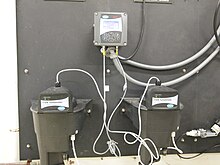


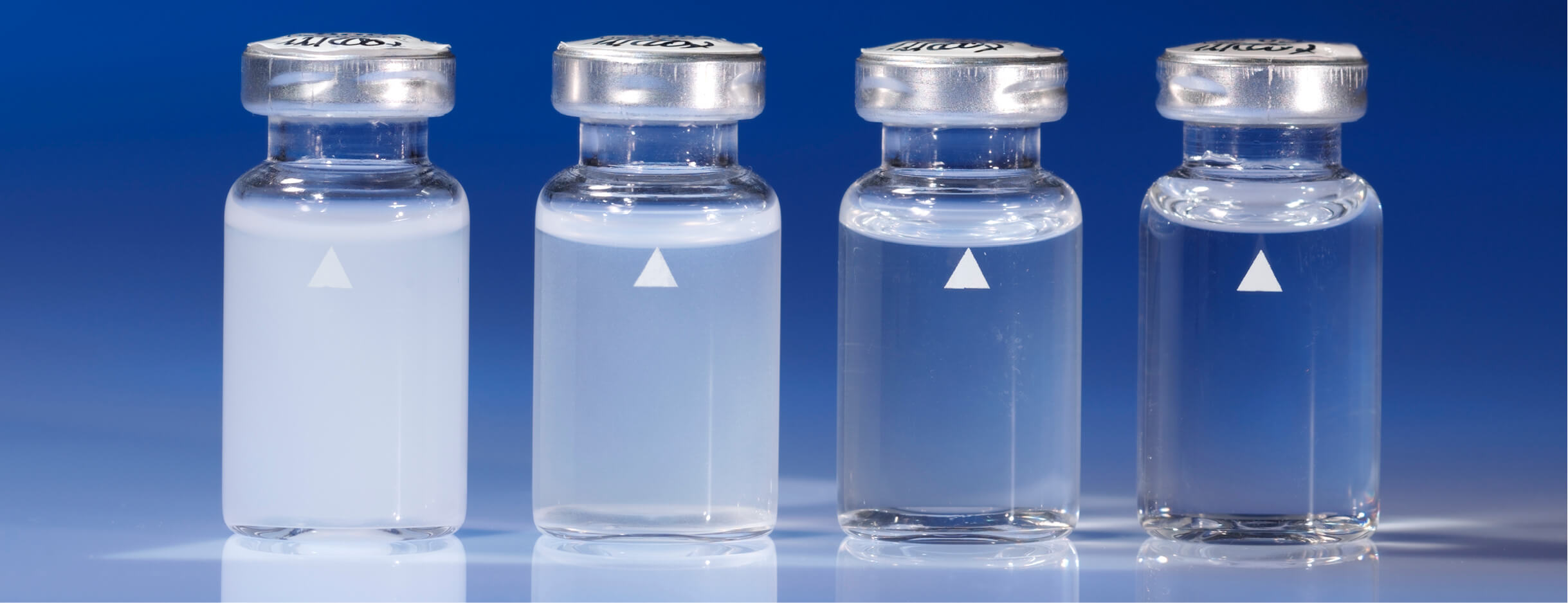



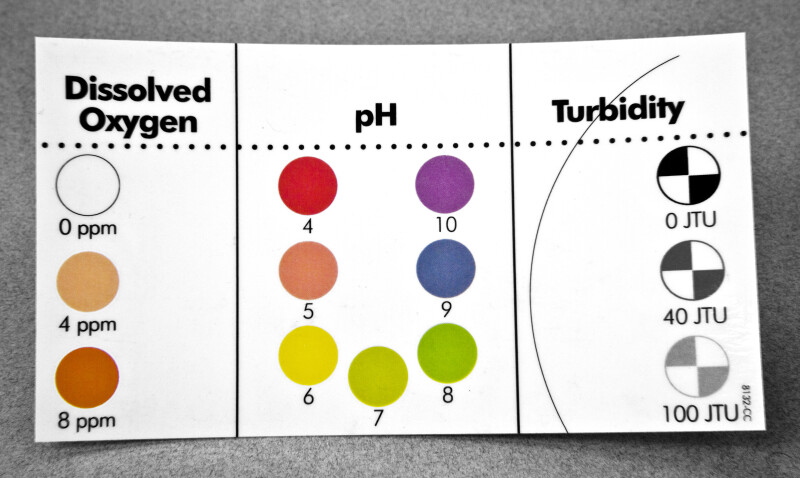
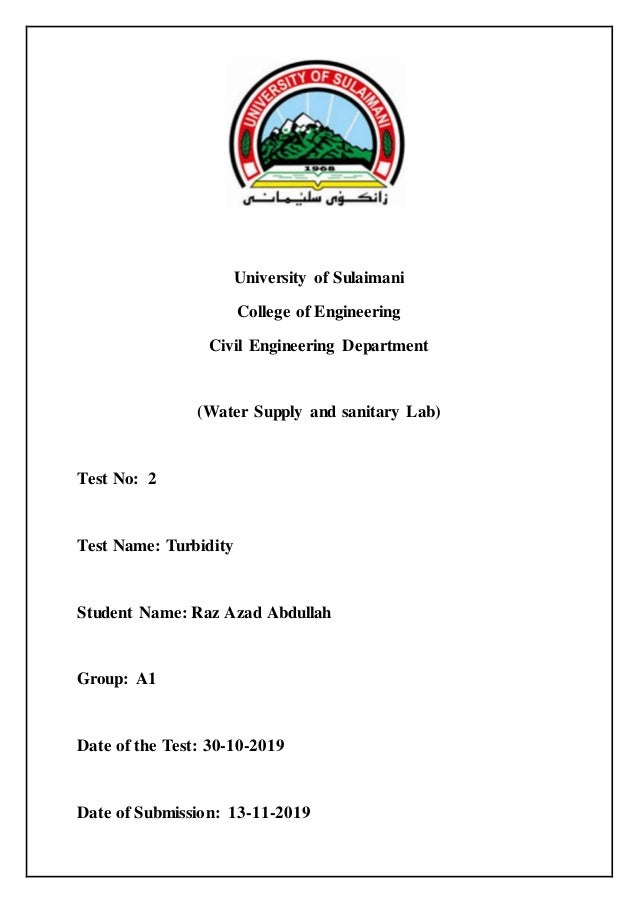


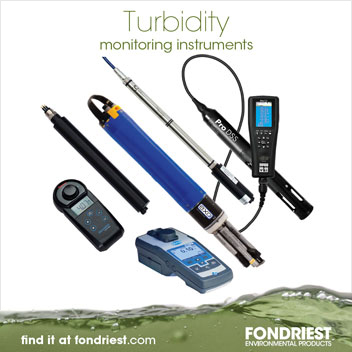
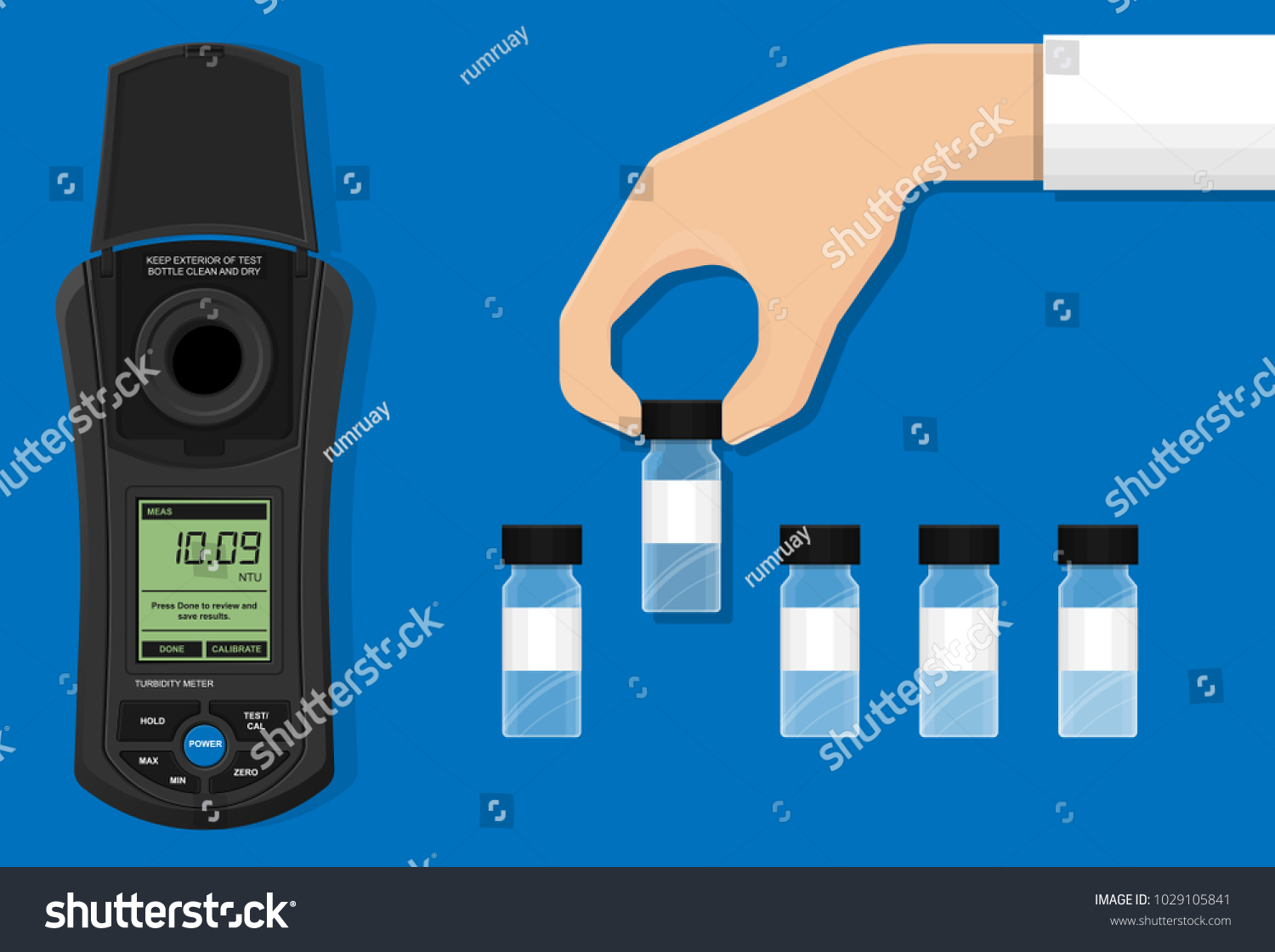

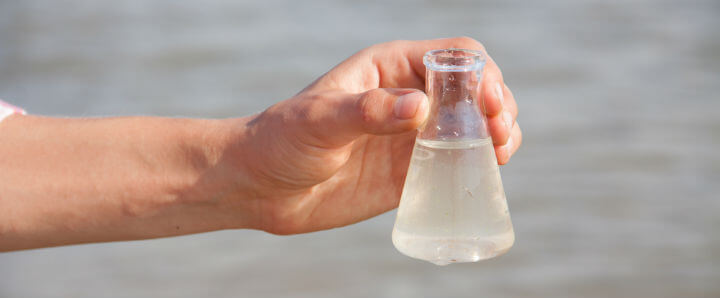
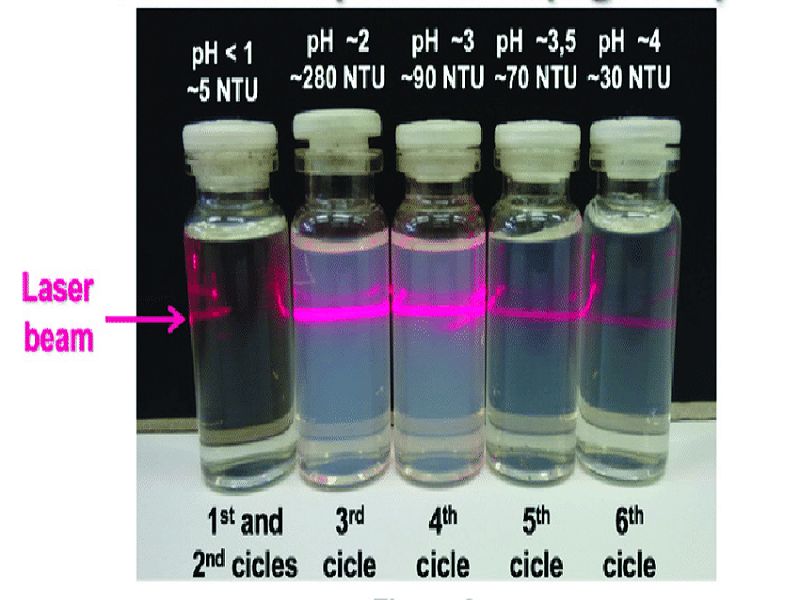

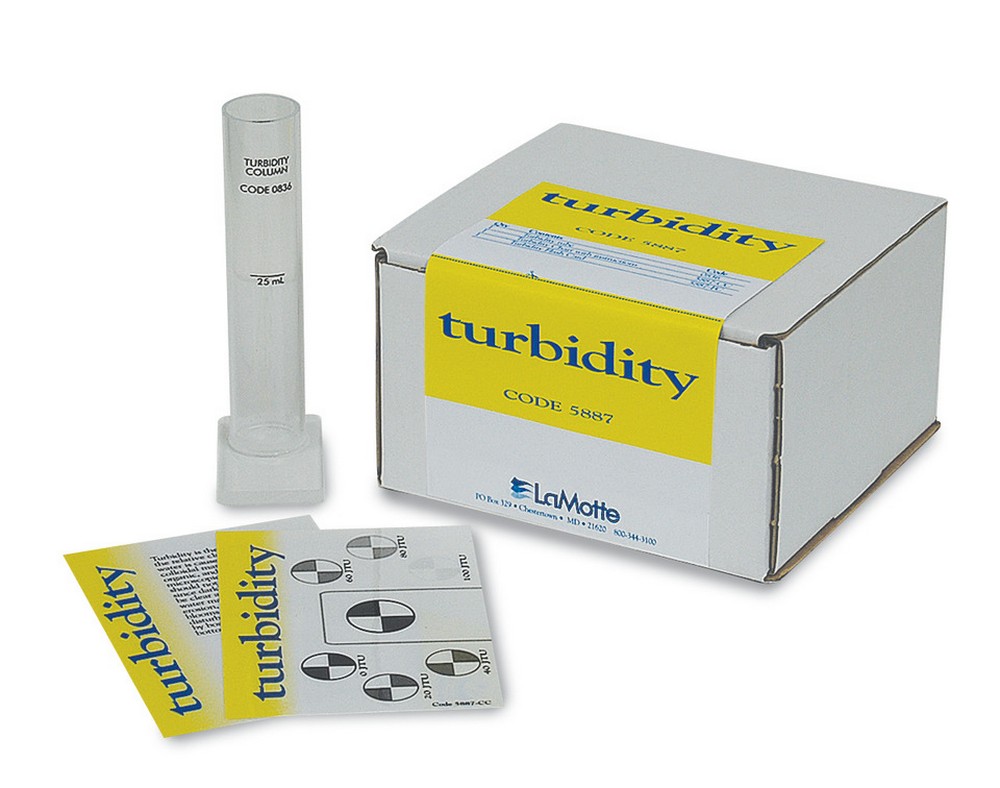
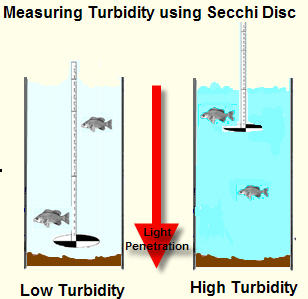
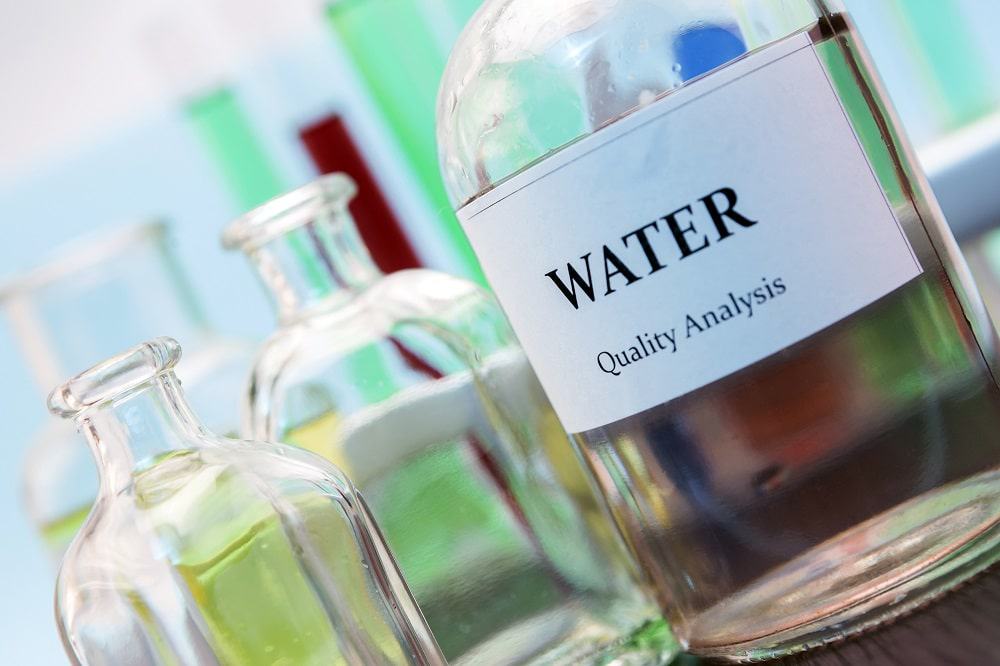

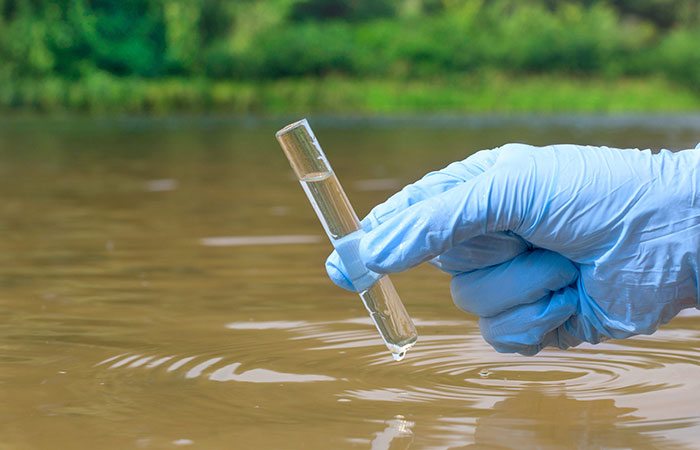




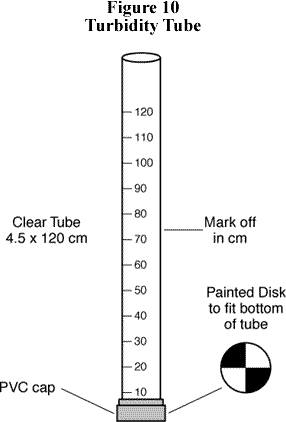

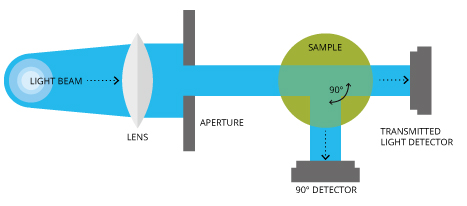



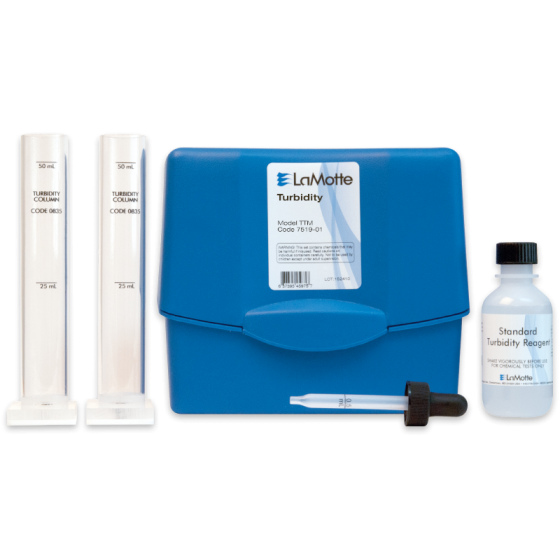


0 Response to "38 How To Test Turbidity"
Post a Comment